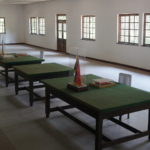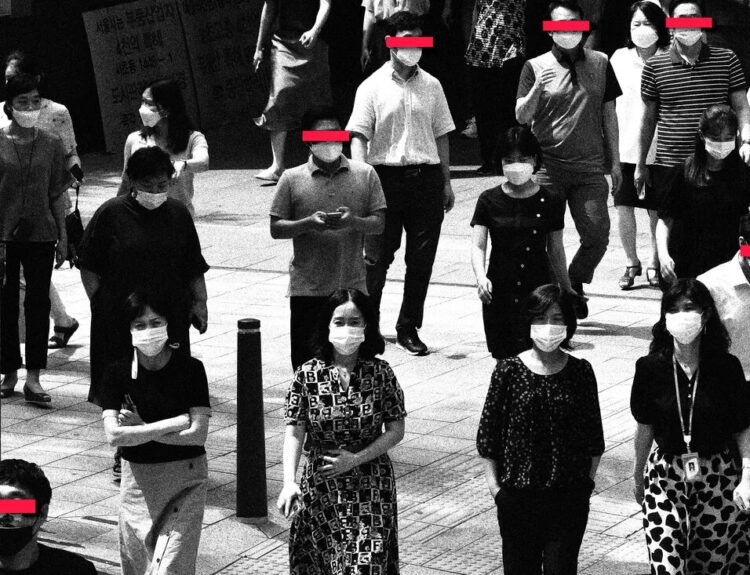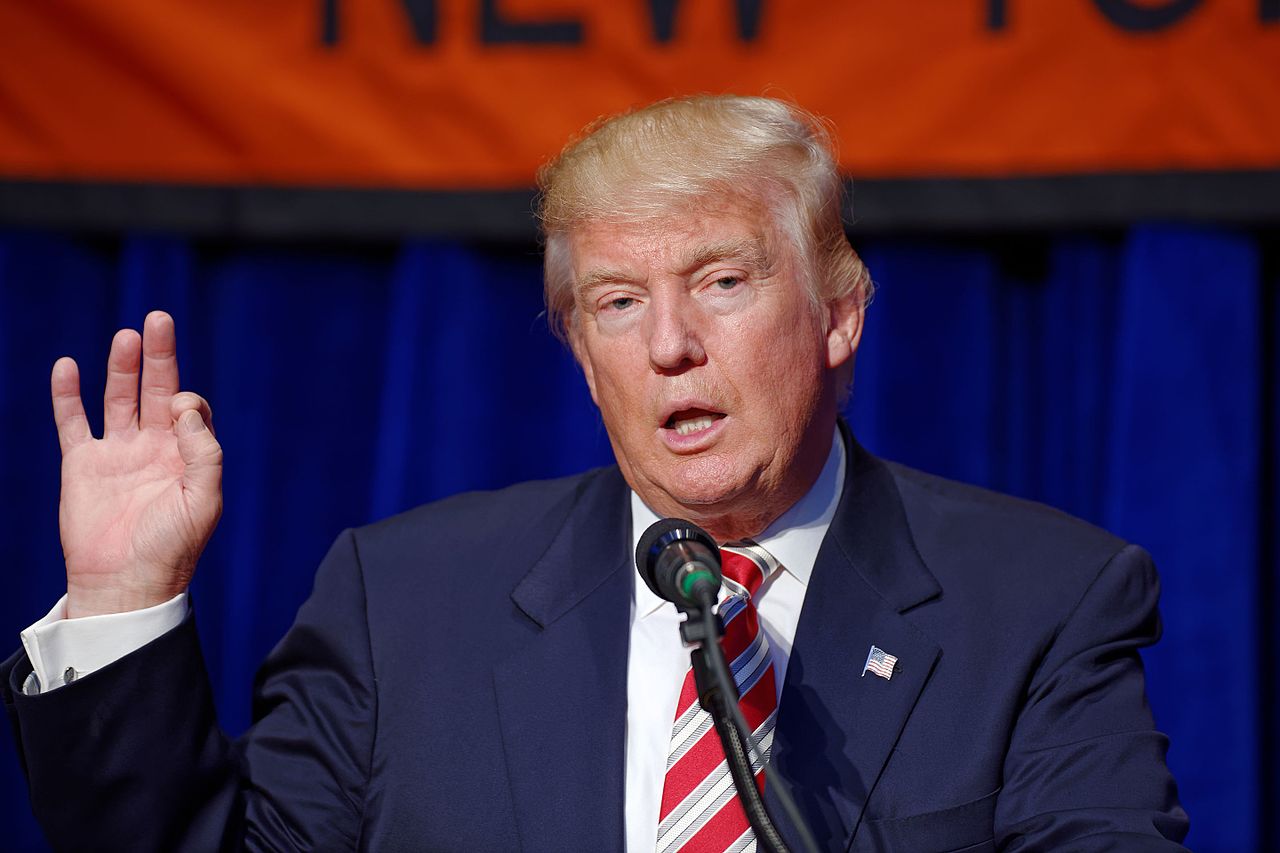 Joel Ivre, editor, Sweden.
Joel Ivre, editor, Sweden.
The day before the summit I brought up the topic to a Korean friend. “This is amazing, isn’t it?” But he shook his head. “I have stocks in foreign currency, and the Korean Won is already increasing in value. This is not good for me at all.” At first I was perplexed by his answer, thinking that it even seemed a bit selfish. After some contemplation though, my friend’s reaction was quite illustrative; after almost seventy years of division, South Korea has integrated seamlessly with the world economy, while North Korea has languished in self-imposed isolation. Peace on the Korean Peninsula is not just a matter of two leaders hugging it out in the DMZ. Values and interests have diverged not only between the two Koreas, but also within them as well, and sometimes the reasons for that divergence are not always straightforward to us outsiders.
Ksenia Andryuschenko, editor, Russia.
The world seems to be obsessed with denuclearization of the Korean Peninsula. Everybody is cheering that the Panmunjom Declaration sets a nuclear-free peninsula as the ultimate goal. I am, however, afraid that this goal will jeopardize potential cooperation between two Koreas. A nuclear weapon is the tool of deterrence that allows states to make sure that their core interests will not be attacked. Unfortunately, examples, when states agreed to give up their nuclear program, are not so bright, giving North Korea no incentives to uphold its promises. Chances are high that the nuclear-free Korean Peninsula clause was included just formally as a courtesy to South Korea and as a bait for a future summit with Donald Trump. The meeting with him will clear things up a little bit, but until then it seems rather unrealistic given the history.
 Josh Kim, editor in chief, South Korea.
Josh Kim, editor in chief, South Korea.
The summit is significant in and of itself. For the first time, the world witnessed Kim Jong Un in the spotlight outside of North Korea, yet, there is still much work left if North Korea is indeed willing to change the script from contention to active peace. Kim’s understanding of denuclearization remains a mystery, and North Korea’s conventional threats still must be addressed in the future. Having said all this, Kim Jong Un has shown commitment to economic development of North Korea, and the summit may have been the start of mutual trust building between the two Koreas, an essential step in further political, economic and cultural cooperation. One thing is for certain; the Moon-Kim summit set the bar very high for the upcoming Trump-Kim summit.
 Nate Kerkhoff, senior editor, USA.
Nate Kerkhoff, senior editor, USA.
In terms of PR, both leaders scored high marks. Besides coming off as affable, Kim Jong Un made what seemed like an earnest effort to improve relations with the South. Moon Jae-in was successful in his own right. He has continued the path of learning from past liberal presidents who were burned by their Northern counterparts. Instead of trying to buy out Pyongyang’s weapons with food and aid, President Moon did not make sanction relief or economic concessions, at least not publicly. The Koreans are methodically addressing the problems, regarding this summit as the first step in what will likely be a long process of improved relations. Before any economic exchange, they have made the right decision to exchange visits and culture, like performances, future summits and visits of separated families. It certainly seems like they are building towards permanent ending of tensions. The United States would be wise to take careful note.
 Nhat Anh Nguyen, senior editor, Vietnam.
Nhat Anh Nguyen, senior editor, Vietnam.
Prior to “making history,” the two Korean leaders had practised the routine of the summit multiple times with stand-ins to make sure the press would get the best angles for their momentous handshakes. It should be to no one’s surprise that, behind every moment on the day of the summit, intelligence units from both sides operated at their peak capacity to cover and analyze every detail of the meeting. Kim Jong Un even had to bring his own toilet over fear of his bodily functions being collected. The seemingly exuberant peaceful summit was carefully and intentionally orchestrated by the participants and has little to do with what has been actually going on in the background. If I had to come up with a quick recap, it would be that North Korea is now trying to play the card of a responsible nuclear state, and that both Koreas are trying to downplay the risk. Any interpretation beyond that, such as denuclearization, or even further, unification, remains far-fetched. Put differently, a mere switch in “relationship status” is hardly ever what it appears to be, as has been shown several times.
 Josh Doyle, junior editor, Canada.
Josh Doyle, junior editor, Canada.
I’ll never forget the look of surprise on my friends’ faces when I first told them I was moving to Korea. “Aren’t you scared?” they all asked, referring to the looming presence in the North. And to be honest, I was. For the first year here, whenever I heard an air drill I would rush to the window to make sure Armageddon hadn’t started without telling me. My time here has been framed by the ebb and flow of that threat; it would disappear for a while, only to be woken by nuclear testing and Twitter happy presidents. When I watched Kim Jong Un step across that line, something happened in me. I felt an overwhelming sense of relief – not for myself, but for people who have dealt with that threat far longer than I have. There’s room for skepticism, but this feels pretty sincere. It’s odd to imagine what life will be like without that fear. But I imagine we’ll get used to it pretty quick.
- NOVAsia Is Hiring: Call For Applications and Contributors for Spring 2025! - February 26, 2025
- NOVAsia Is Hiring: Call For Applications and Contributors for Fall 2024! - August 20, 2024
- NOVAsia Is Hiring: Call For Applications and Contributors! - February 19, 2024






